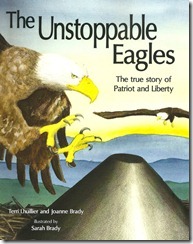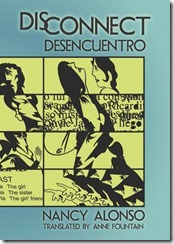Tara Grover Smith and Olav Bryant Smith both teach at Butte College. Unbowed by the mountains of papers to grade, the couple has embarked on a new creative venture with stunning results. Together they have birthed a magazine, Empirical.
The first issue is now available at Lyon Books in Chico and soon in Barnes and Noble stores across the country, with a digital version at empiricalmag.com. Calling itself "a literary and current affairs magazine with the openness and pioneering spirit of the Pacific Northwest, Empirical aspires for truth by boldly introducing thought-provoking points of view and new paradigms."
For Olav, in introducing the magazine, the philosophers William James and Alfred North Whitehead are lodestars. Both "were committed to science and applying a sharply rational and logical intellect to the data of experience, but were both concerned that empiricism not be limited in its scope. Both sought to widen the range of investigation to include all aspects of life. James and Whitehead sought, for example, to include science and religion under the same umbrella of reasonable discourse."
And so the magazine opens its doors to the political, the spiritual, and the personal. The package is gorgeous, the writing clear, passionate, sometimes controversial, but also tinged with hope. There is hope even in Michael Coyle's featured piece on the Occupy movement. Coyle, who teaches political science at Chico State University, concludes that promises of "democracy" have instead left us "scared, scared, and weak." But perhaps change can come: "Our time is now, and it is time to take to the streets."
Or bake a cake. There is a recipe for "rich and squidgy chocolate cake"; a poem by Troy Jollimore; a hugely funny reflection on the baseball Cardinals by Randall Auxier; a moving short story by Kenneth Weene.
Local environmental ethicist Randy Larsen writes about a young John Muir dropped down a hole in a wooden bucket to help his father dig a well. Muir later looked back on his father's "vice of over-industry." For Muir, as Larsen writes in a kind of coda for the magazine, "There is an inspired life to be lived if we can brush off apathy and inertia, energize ourselves and each other, and allow Nature to remind us of callings above and beyond."



